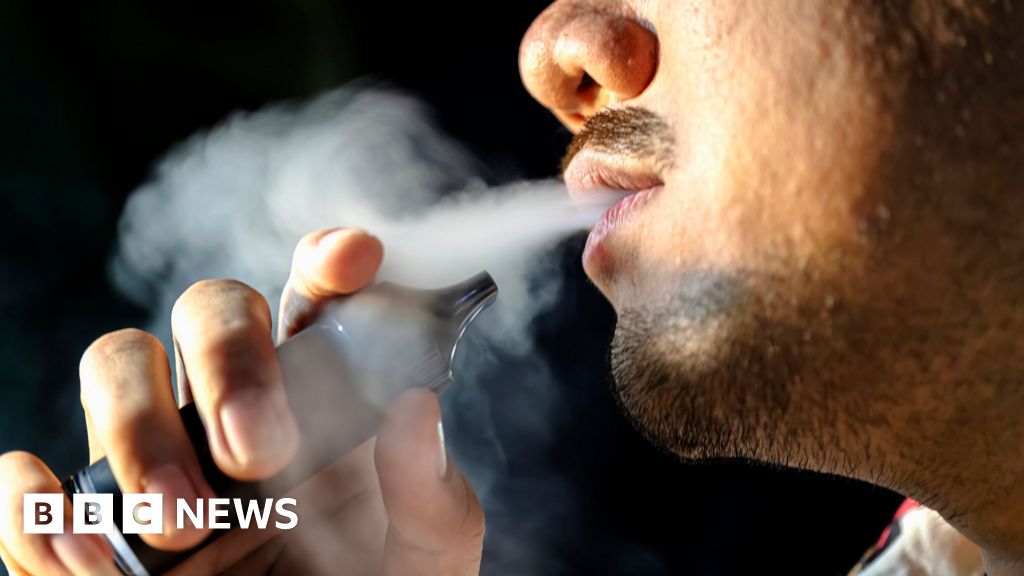Singapore is gearing up for its general elections, with the governing People’s Action Party (P.A.P.) expected to continue its dominant rule that has persisted since 1959. However, this election is being closely watched not just for the anticipated win of the P.A.P., but also for a possible change in the political dynamics that may emerge from rising opposition sentiments.
Political analysts are observing an increasing discontent among voters regarding the P.A.P.'s response to pressing concerns such as the soaring cost of living, highlighting a shift towards a desire for a more competitive democratic landscape. Over recent weeks, rallies hosted by the main opposition party, the Workers’ Party, have drawn enthusiastic crowds, and their campaign materials have reportedly flown off the shelves.
Pritam Singh, the leader of the Workers' Party, made it clear during his rally that while his party is not contesting enough seats to take control, there is a pressing need for a more balanced political system in Singapore. He emphasized the importance of having opposition voices in Parliament as a means of ensuring governmental accountability to the people.
The backdrop of this election is significant as it follows a period of governmental transition. Prime Minister Lawrence Wong has now taken the helm after two decades of leadership by Lee Hsien Loong, the son of Singapore’s founding father. Wong continues to uphold his party’s long-standing assertion that the P.A.P. has consistently delivered stability and prosperity for Singapore's nearly six million residents, especially during challenging global times.
As the election draws near, many are contemplating whether this will merely reflect the P.A.P.'s rule or if it will be seen as a pivotal moment for change in Singapore’s political landscape, making the upcoming results especially crucial in assessing the nation's future governance.



















